HHP Sports Lab Research
Featured Research In Progress:
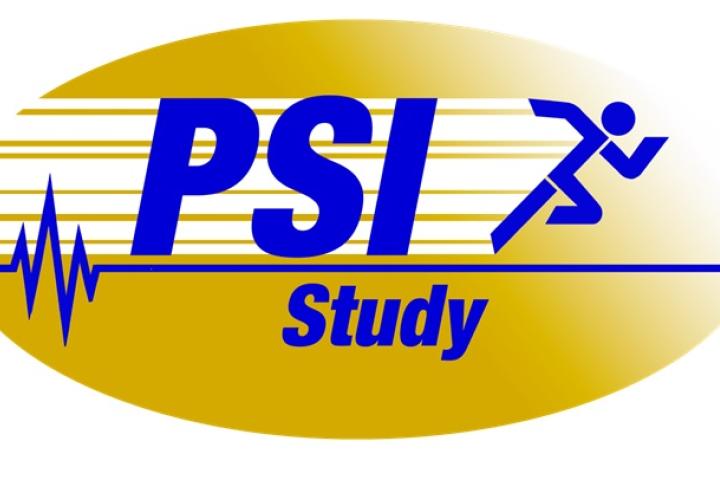
The PSI study aims to understand how psychological (P), social (S), and individual (I) factors influence fitness and health outcomes in healthy adults. Clients who register for our Sports Lab services can choose to have their de-identified data included in this research. By contributing, our clients help advance scientific understanding and improve health outcomes both personally and societally. The researchers conducting this study are Drs. Kara Hamilton (Primary Investigator), Joel Harden, Liz Hathaway, and Karissa Peyer.
For more information on how to register for testing services at our lab, please see the “HHP Sports Lab Services” link on the homepage. (Study’s Status: In Progress.)
Featured Published Research:
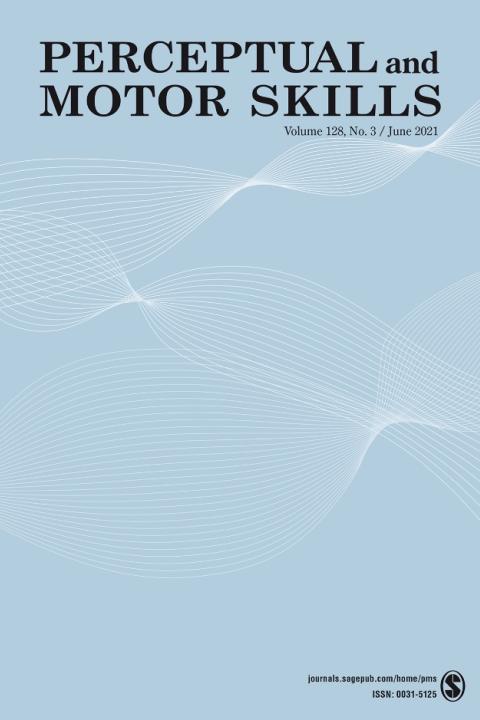
“Either autonomy support or enhanced expectancies delivered via virtual-reality benefits frontal-plane single-leg squatting kinematics” By Jennifer A. Hogg, Gary B. Wilkerson, Shellie N. Acocello, Bryan R. Schlink, Yu Liang, Dallei Wu, Gregory D. Myer, and Jed A. Diekfuss,
Summary: Motivational behavioral interventions improve biomechanics associated with ACL injury. Dr. Hogg collaborated with UTC Computer Science colleagues to create a virtual environment to deliver motivational strategies. This has implications for remote delivery of biomechanical interventions. For full text options, click here.
Hogg JA, Wilkerson GB, Acocello SN, Schlink BR, Liang Y, Wu D, Myer GD, Diekfuss JA. (2024) Either autonomy support or enhanced expectancies delivered via virtual-reality benefits frontal-plane single-leg squatting kinematics. Perceptual & Motor Skills, 131(3), 687-706. doi: 10.1177/00315125241246361. PMID: 38657202
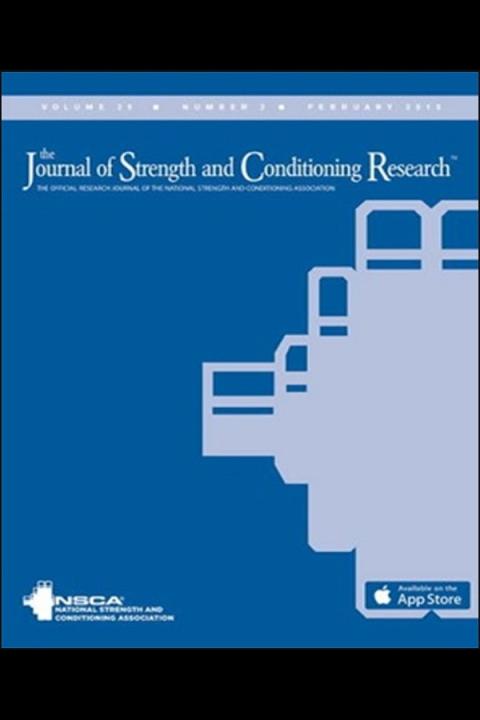
“Improved quadriceps torque production with optimized biofeedback in patients following anterior cruciate ligament reconstruction” By Jennifer A. Hogg, Nathan B. Barger, Jeremy R. Bruce, Charles C. White, Gregory D. Myer, and Jed A. Diekfuss
Injuries to the knee, specifically the ACL, cause lingering strength deficits to the quadriceps muscle. Strategies to improve these deficits are sparse. We employed biofeedback to see if we could acutely strengthen quadriceps torque output in patients with reconstructed ACLs. For full text options, click here.
Hogg JA, Barger NB, Bruce JR, White CC, Myer GD, Diekfuss JA. (2024) Improved quadriceps torque production with optimized biofeedback in patients following anterior cruciate ligament reconstruction. Journal of Strength and Conditioning Research. In press. doi: 10.1519/JSC.0000000000004883. PMID: 39074249
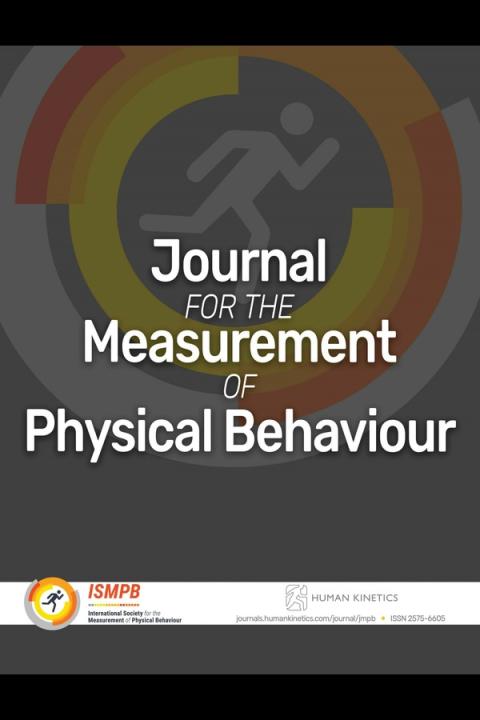
“Validity of the Garmin Vivofit Jr. to Measure Physical Activity During a Youth After-School Program” By Karissa L. Peyer and Kara C. Hamilton
Fitness watches are widely used by adults and many brands are reliable in providing accurate fitness data. However, there’s limited data on their accuracy for children. In a recent study by Drs. Peyer and Hamilton, the Garmin Vivofit Jr 2, a popular fitness watch for children, was tested for its accuracy in tracking steps and minutes of moderate to vigorous activity. For full text options, click here.
Peyer, KL, Hamilton, KC. (2022) Validity of the Garmin Vivofit Jr. to Measure Physical Activity During a Youth After-School Program. Journal for the Measurement of Physical Behaviour, 5(2), 61-68. doi: https://doi.org/10.1123/jmpb.2021-0039.

“Changes in dual-task cognitive performance elicited by physical exertion vary with motor task parameters” By Jennifer A. Hogg, Christopher D. Riehm, Gary B. Wilkerson, Frank Tudini, Karissa L. Peyer, Shellie N. Acocello, Lynette M. Carlson, Tan Le, Ross Sessions, Jed A. Diekfuss, and Gregory D. Myer.
Fatigue affects the performance of simple cognitive and motor tasks. To test an inverted U hypothesis, in which we thought that moderately complex tasks would be easier to perform following a fatigue protocol, we put participants through a treadmill protocol. Before and after the fatigue protocol participants performed simple dual-tasks (cognitive + motor tasks performed simultaneously. For full text options, click here.
Hogg JA, Riehm CD, Wilkerson GB, Tudini F, Peyer KL, Acocello SN, Carlson LM, Le T, Sessions RJ, Diekfuss JA, Myer GD. (2022) Changes in dual-task cognitive performance elicited by physical exertion vary with motor task parameters. Frontiers in Sports and Active Living. 4:989799. doi: 10.3389/fspor.2022.989799. PMID: 36385777
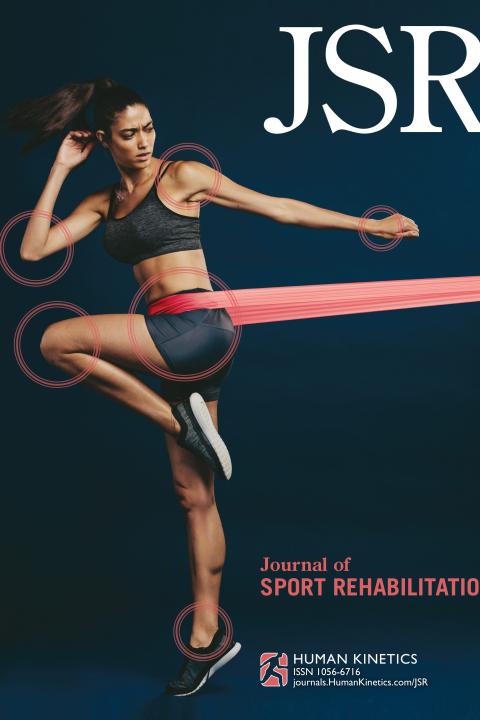
“Immersive real-time biofeedback optimized with enhanced expectancies improves motor learning: A feasibility study” By Ashley M. Williams, Jennifer A. Hogg, Jed A. Diekfuss, Samantha B. Kendall, Colton T. Jenkins, Shellie N. Acocello, Yu Liang, Dalei Wu, Gregory D. Myer, and Gary B. Wilkerson
Dual-tasking is a concept common to reactive sports, like basketball or soccer. Evidence shows that posture and biomechanics worsen when an athlete has to simultaneously perform a secondary cognitive task (e.g., reading a defender). In this study we delivered motivational strategies via virtual-reality to see if we could reduce the cost associated with adding the secondary cognitive task. For full text options, click here.
Williams AM, Hogg JA, Diekfuss JA, Kendall SB, Jenkins CT, Acocello SN, Liang Y, Wu D, Myer GD, Wilkerson GB. (2022) Immersive real-time biofeedback optimized with enhanced expectancies improves motor learning: A feasibility study. Journal of Sport Rehabilitation, 31(8), 1023-1030. doi: 10.1123/jsr.2021-0226. PMID: 35728805